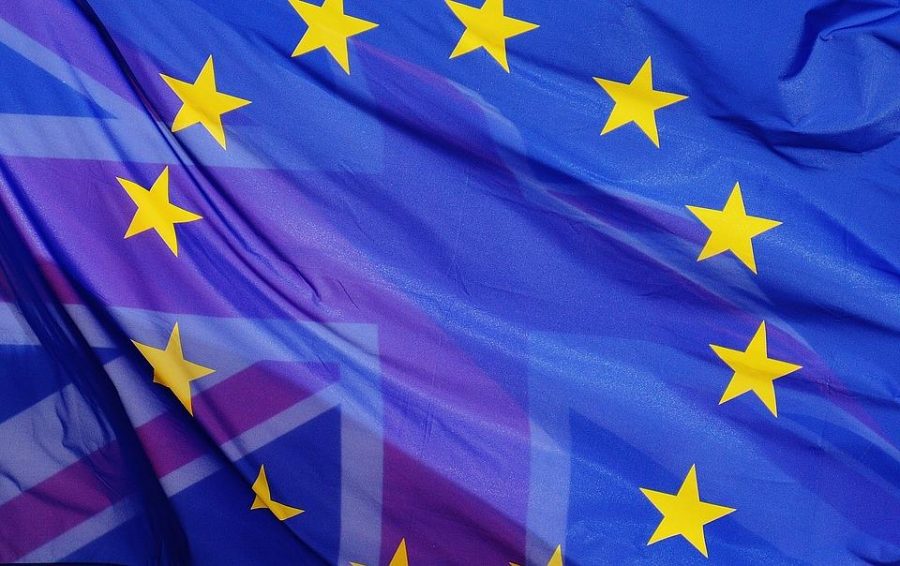Britain has voted to leave the European Union, and it is not good. In a global age where the world grows closer every day, the British people have decided instead to close themselves off and face inward. They should take this as an opportunity to reflect on their decision.
Apparently, they have already begun doing so. More than one million people who voted to leave now say they regret their decision, with many saying they voted the way they did under the assumption that their votes wouldn’t count. In other words, they had no real intent of leaving. “Urm, I think I kinda regret my vote,” tweeted one voter. “I had no real reason to pick what I did!”
There are plenty of real reasons to not have picked leave, like the immediate political and economic turmoil the decision has already caused: longtime Prime Minister David Cameron resigned; labor party leader Jeremy Corbyn lost a confidence vote; the value of the pound reached a three-decade low; world markets suffered one of the steepest two-day falls in history. Essentially, the vote was met with utter confusion and chaos. It seems like this catastrophic decision was as unprepared for as it was unexpected.
Supporters have noted that these short-term effects are expected with any major change, and that markets are already bouncing back. True. But it is also true that a recent poll found that out of 600 economists, a staggering 88 percent believe the exit will hurt Britain’s growth prospects in the long run. “The odds of a global recession in 2017 just increased,” said Scott Sumner, an economist at George Mason University. A global recession at any time would be bad. A global recession during a historic migrant crisis would be really bad.
Ironically, this is precisely one of the reasons Britain voted to leave in the first place — out of frustration toward immigrants sparked by fear of extremism. While there may be some legitimacy to these feelings, they seem to be prompted more by outright contempt for immigrants than by concern for national security. Just days after the vote was announced, an online video showed teens spewing anti-immigrant slurs at a train passenger, who happened to be a veteran. “Don’t chat s–t when you’re not even from England,” one teen yelled. “You’re a dirty little immigrant. Get back to Africa!” Far from being an isolated incident, this is a fairly accurate representation of the ways in which immigrants are treated — both in the U.K. and elsewhere. There have been over 100 reported incidents of anti-immigrant harassment in Britain since the vote. Germany saw a 40 percent rise in right-wing attacks against foreigners this last year. And who could forget our very own Donald J. Trump, whose campaign highlights have included broad-brushing illegal immigrants as “rapists” and “murderers” and proposing a total halt on Muslim immigration?
Again, this is not to deny the legitimacy of foreign threats. Extremism is real and it is dangerous. But no threat, whether from ISIS or any other group, is enough to justify the demonization, stigmatization and mistreatment of entire groups of people. “Is it really [xeno]phobia if you have something to be afraid of?” asked comedian Bill Maher. Yes, Bill, it is. Foreign threats have and always will exist — there is no way around this. But we shouldn’t use these threats as an excuse to generalize and discriminate.
Progress emerges when beliefs clash and new ideas spark. In this sense, multicultural integration is a positive thing that encourages development and innovation. By voting to leave the EU, the British people took a step away from inclusion and tolerance and instead took a giant, reactionary leap toward nationalism. Hopefully, as Americans, we’ll learn from this and decide differently for ourselves come November.

















